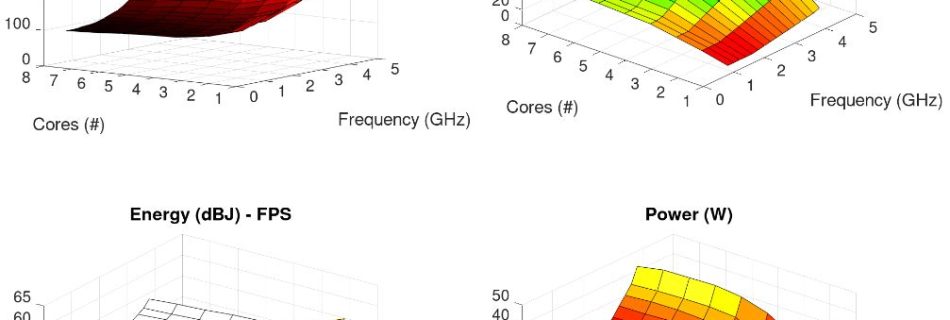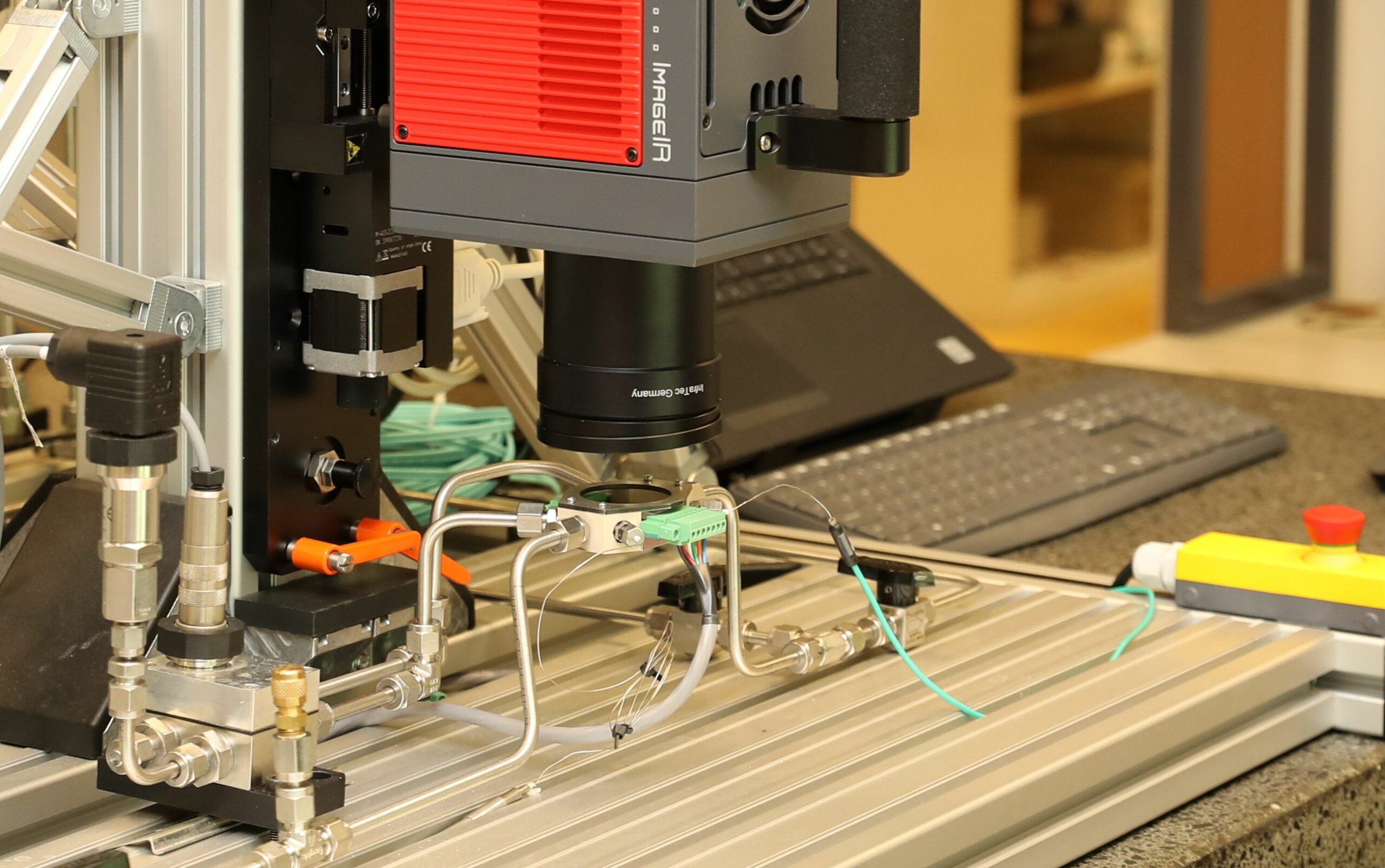The Embedded Systems Lab of EPFL has developed a new performance evaluation and profiling tool that uses software containers to perform application runtime assessment, providing energy and performance profiling data. It is focused on energy efficiency for next generation workloads and IT infrastructure. Read more here.
Read MoreArticles by John
Silicon device dependability – talk by visiting professor Sani Nassif
EcoCloud Visiting Professor Sani Nassif gave a talk in the BC Building at EPFL to a captivated audience. The talk examines trends in Silicon device dependability as scaling continues, and proposes some areas of cross-domain research that are needed to keep the information infrastructure functioning in the future.
Read MoreGabriele Manoli joins EcoCloud
Gabriele Manoli studies water supplies, energy exchange and the carbon cycle in urban and suburban systems. His interdisciplinary approach unites environmental technology, infrastructure and urban planning. He is currently investigating the worldwide trend towards urban densification and the effects of altering the urban climate (e.g. through greening measures). In collaboration […]
Read MoreThe coolest microchips around: designer swimwear by POWERLab
Having come through a heatwave it is easy to forget that humans are not the only ones that need to shelter from oppressive heat. Animals suffer too, and huge mechanical infrastructures like railways, even major runways. But what about computers? From the beginning, data centers have faced problems with cooling. […]
Read MoreResearcher adds Microsoft Fellowship to Google Scholarship
EcoCloud partner Microsoft Research have announced the laureates of their PhD Fellowships, including Simla Harma for her work on Cloud Infrastructure. Having won a Google Scolarship in 2021, Simla can lay claim to a unique achievement, in being funded by two of IT’s largest and most influential corporations. Simla is […]
Read MoreEcoCloud Stands in Solidarity with Iranian Universities
We at the EPFL EcoCloud Center condemn the brutal crackdowns against people protesting the Iranian regime and the actions of its so-called morality police. In particular we condemn the violent repression of students and academic staff at universities in Iran. These actions are in violation of basic human rights and […]
Read MoreUrbanTwin – a national joint initiative
The ETH Board has announced a joint initiative in the strategic areas of Energy, Climate and Environmental Sustainability and Engagement and Dialogue with Society: UrbanTwin – A digital twin for urban infrastructure, assessing the effectiveness of climate-related policies and actions Urban areas are responsible for 75% of greenhouse gas emissions, […]
Read MoreEPFL takes another step towards carbon neutrality
Today EPFL inaugurated its new heating plant, which has the capacity to heat and cool the Lausanne campus solely by drawing water from Lake Geneva and recovering excess heat from a connected data center. The ceremony was attended by local political leaders including Vassilis Venizelos, who is a Vaud Canton […]
Read MoreEcoCloud’s expanding mission
As of January 1st, 2022, the EPFL EcoCloud Center is headed by Professor David Atienza. Its mission has been expanded with a strong new focus on fundamental research and education in the domain of sustainable cloud computing. “Historically, Ecocloud’s main focus has been to deliver technologies jointly with top companies […]
Read MoreBeating hackers at bug hunting with automated, far-reaching technology
On the 9th of December, 2021 the world of IT security abruptly went into a state of shock. An alarming message was spreading like wildfire: RCE 0-day exploit found in log4j For the uninitiated, there is a lot to unpack here. “RCE” stands for remote code execution: similar to […]
Read More








